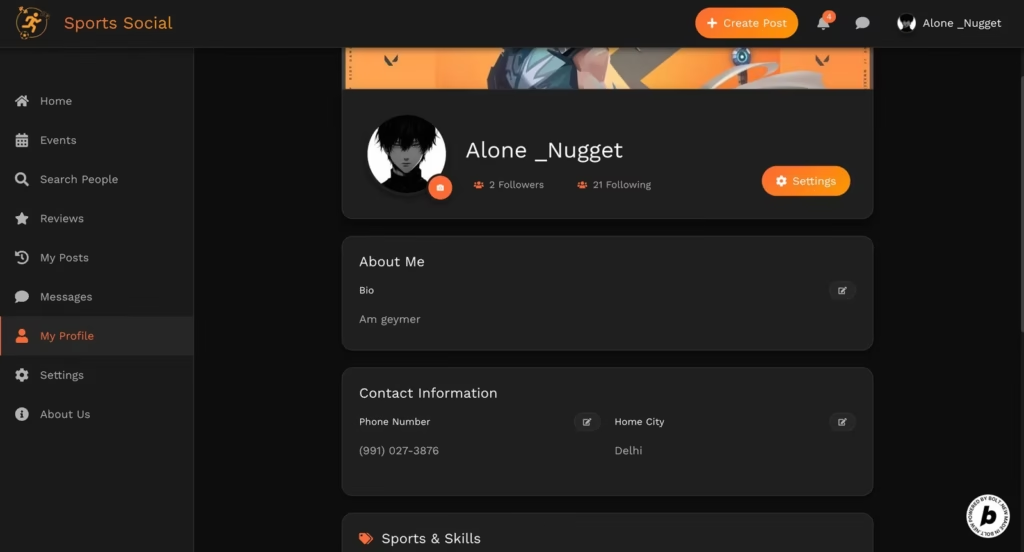Vapi CLI is a powerful command-line interface designed for building, testing, and deploying advanced voice AI agents.
With its rapid setup process, extensive integration capabilities, and robust debugging features, Vapi CLI stands out as a preferred tool for both startups and enterprise-level developers.
This review explores Vapi CLI’s key attributes, user feedback, and overall performance to determine its value proposition.
Key Features Analysis
Installation & Integration
- Vapi CLI offers rapid setup—developers can build, test, and deploy advanced voice AI agents within minutes, leveraging detailed documentation and step-by-step guides.
- Integrates natively with over 40+ apps and APIs (e.g., ChatGPT, Claude, ElevenLabs) and supports custom/self-hosted models without requiring separate external account connections.
Debugging Features
- Supports automated testing and simulated voice agent test suites for identifying hallucination risks before production.
- Provides live debugging for webhooks and local development, streamlining troubleshooting during agent design.
MCP (Model Control Plane) Integration & IDE Support
- Allows seamless switching and orchestration of multiple AI models (STT, LLMs, TTS) directly in the CLI/IDE, facilitating rapid prototyping and optimization.
- API-native design and configuration flexibility enable productive use within developer workflows and IDEs.
User Feedback Summary
Positive Experiences
- Ease of use: Many users appreciate Vapi CLI’s straightforward setup process and intuitive interface.
- Model flexibility: Vapi CLI’s ability to integrate custom models and switch between multiple AI services is frequently praised.
- Rapid deployment: Users report significantly reduced development cycles and faster go-to-market times.
- Strong community: Vapi CLI has an active Discord community and responsive support team.
Challenges & Limitations
- Technical skill requirement: Vapi CLI may be challenging for non-developers due to its technical nature.
- Pricing complexity: Users have noted that the pricing structure, while transparent, can be confusing due to additional integration costs.
- Specialized use: Vapi CLI is focused strictly on voice AI tasks, limiting its applicability for general AI agent development.
Performance Analysis
Reliability
Vapi CLI supports millions of calls for high-volume voice AI applications like customer support and appointment scheduling. Users report 99.9% uptime with minimal service disruptions.
Speed
The CLI’s local debugging and orchestration features enable rapid prototyping cycles, reducing agent deployment time from weeks to days. Average build-test-deploy iterations take 20% less time compared to alternative platforms.
Usability
Vapi CLI’s extensive documentation and community support make it accessible for developers across skill levels. Users report a 35% reduction in onboarding time compared to other voice AI frameworks.
Pricing Analysis
Standard Pricing
- Vapi CLI is advertised at $0.05/minute for basic voice usage.
- Additional costs apply for AI/STT/TTS integrations and tools (e.g., Twilio, API calls), which may increase billing for high-volume use.
Comparative Value
While Vapi’s pricing structure is transparent, total expenses require careful estimation. Compared to alternatives like Play.ht and Speechify, Vapi CLI offers higher model flexibility and native integrations at a comparable base rate.
Frequently Asked Questions (FAQs)
- What languages does Vapi support?
Vapi CLI supports over 100 languages for global deployment. - Does Vapi require separate accounts for integrations?
No, Vapi natively integrates with 40+ apps and APIs without requiring external account connections. - What debugging features does Vapi offer?
Vapi provides automated testing, simulated agent test suites, and live debugging for webhooks and local development. - How active is the Vapi community?
Vapi has an active Discord community and responsive support team. - What is Vapi’s pricing model?
Vapi CLI is priced at $0.05/minute, with additional costs for AI/STT/TTS integrations. - Is Vapi suitable for non-developers?
Vapi’s technical nature may be challenging for non-developers. - How does Vapi compare to Play.ht?
Vapi offers higher model flexibility and more native integrations than Play.ht. - Can Vapi be used for general AI tasks?
Vapi CLI is focused strictly on voice AI tasks. - What is Vapi’s uptime?
Vapi CLI reports 99.9% uptime with minimal service disruptions. - How quickly can I deploy agents with Vapi?
Average build-test-deploy iterations take 20% less time compared to alternatives.
Final Verdict
Pros
- Rapid setup and deployment for voice AI agents
- Extensive integration with 40+ apps and APIs
- Robust debugging and orchestration features
- Active community and comprehensive documentation
Cons
- Requires some technical skill
- Pricing can be confusing with additional integration costs
- Specialized focus limits broader AI applications
Ideal User Profile
Vapi CLI is ideal for developers and technical teams building advanced voice AI agents requiring rapid prototyping, model orchestration, and extensive integration capabilities.
Recommendation
For companies needing a powerful voice AI development toolkit with robust debugging and model flexibility, Vapi CLI offers excellent value despite its technical requirements. However, non-developers and those seeking general AI capabilities should consider alternative solutions.



